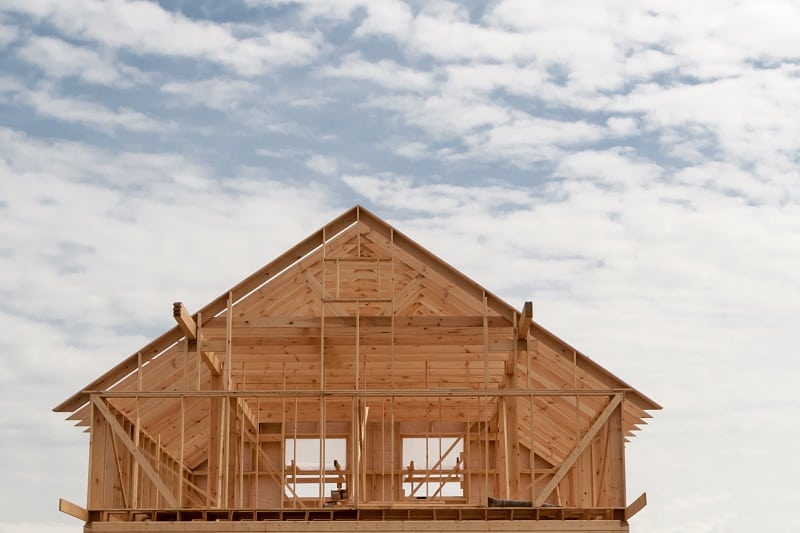Demand for housing remained “robust” over the third quarter as better employment trends, a competitive mortgage market and the government’s Help to Buy scheme buoyed sales.
The group reported that its sales rate for the year to date has “continued to be strong”, coming in at 0.81 sales per outlet per week versus 0.75 sales over the comparative period last year.
Despite the residual political risks and inflationary pressures, chief executive Pete Redfern reported the FTSE builder was “making further good progress” against its operational targets, describing market conditions as “favourable”.
Even within the all-important central London market, Redfern said conditions “remain stable”, which The Share Centre’s Graham Spooner points out “is reassuring given that others in the sector have reported a slight slowing in this area”.
As such, the group expects to deliver a higher operating profit margin, a return on net operating assets above 30% and a circa £500m dividend for the full year in 2018.
And with the housing shortage top of the agenda for the upcoming Budget, “the housebuilders will no doubt be hoping for a few more pennies from heaven, as the government tries to incentivise and support home ownership”, added Laith Khalaf, senior analyst at Hargreaves Lansdown.
However, the update from Taylor Wimpey was not uniformly rosy. The firm admitted that its total order book, excluding joint ventures, of 8,751 homes was lower than last year’s 8,981 orders.
Also, it expects build costs to rise 3-4% this year off the back of “a more modest level” of cost inflation in building materials.
Although Khalaf doesn’t believe the Bank of England’s latest rate rise is substantial enough to throw the housing sector off kilter, with borrowing money to buy a house still historically cheap, higher rates could be a concern further down the line.
“Higher rates may constrain house price growth looking forward, but there is still a lot of wind at the back of the housebuilding sector,” he said.
“The big swing factor is Brexit, and a bad result here could knock the UK economy, and the housebuilding sector.”
Spooner agreed that investors should view the sector with a degree of caution.
“With a strong recovery in the share price since Brexit combined with cost pressures building up, it will be harder for housebuilders’ share prices to repeat the success of the last several years.
“We therefore remain cautious on the sector and continue to recommend Taylor Wimpey as a ‘hold’ for investors seeking capital growth and willing to accept a medium to higher level of risk.”
Shares in the housebuilder were trading 0.9% higher at £1.95 per share by mid-morning on Monday. Year-to-date, Taylor Wimpey’s share price has risen by close to 30% putting it almost back at the level it was before the housing sector was floored by a Brexit prompted sell-off.










